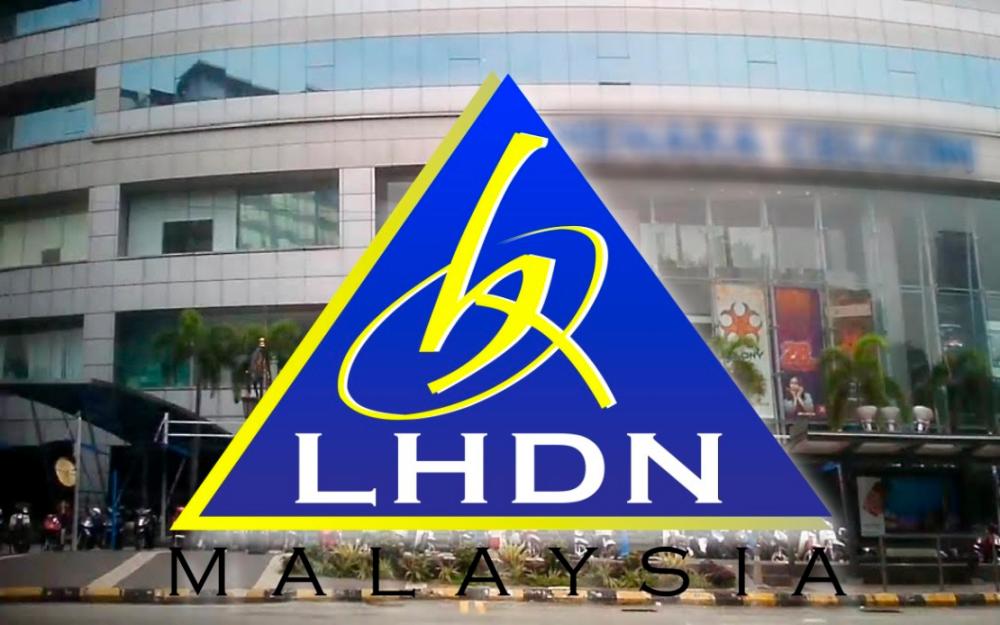ALL taxpayers are eligible to receive compensation for late refund of overpaid taxes by the Inland Revenue Board (IRB). The rate of compensation is 2% per annum, which has been available from the year of assessment 2013.
Sadly, we do not notice the IRB automatically paying this compensation. The law does not mandatorily force the IRB to pay the compensation because it does not use the words “shall be payable”, but instead it uses the words “may be payable”.
At the time the law was introduced, the intention was to ensure that there would not be any delay in refunds of taxes because any delays would cost the government money (i.e. a reverse penalty).
However, since the IRB has become diligent in imposing the 10% penalties automatically for late payment of taxes through its computer system, the same level of diligence is missing when it comes to compensation for late refunds. The proper way of acting responsibly and reciprocating its cooperation with taxpayers would be to automatically provide the 2% compensation through the computer system.
Eligibility for compensation
Taxpayers are entitled to the compensation only if they have filed their tax returns within the stipulated due date under the Income Tax Act 1967 or within the extended time frame allowed by the IRB and have paid their taxes on time.
Individuals under employment must have complied with the monthly deduction of tax, and other individuals who have been issued with instalment payment notices under CP500 should have paid their tax instalments on time.
Similarly, businesses, LLPS, trust bodies and cooperatives societies should have paid their monthly tax instalment payments on time.
How is the 2% calculated?
The rate of compensation is 2% per annum and it will be payable on the amount refunded after either 90 days from the due date for the electronic filing or 120 days from the due date for manual filing. It is calculated on the number of days beginning after the 90- or 120- day period up to the point the tax is refunded.
Compensation wrongly paid
If the Director General discovers that the compensation has been wrongly paid, he can require the person to return the monies and he can impose a 10% penalty on the amount wrongly paid. On top of the 10% penalty on the compensation, if the Director General subsequently commences an audit on the taxpayer and alleges that the tax return filed by the taxpayer is incorrect or he has given incorrect information, he can impose a further penalty up to 100%.
One must be very careful before this 2% penalty is claimed as the Director General can always start an audit and not only get back his 2%, but also collect more taxes and penalties via an audit adjustment.
Do you or do you not claim the 2%?
The way forward would be: if the IRB mandatorily gives you the 2% after doing its internal checks, then the issue of the 10% penalty should not arise as the taxpayer did not make the claim. However, where the taxpayer makes the claim, as the law stands at the moment, the taxpayer faces the possibility of being subjected to additional taxes and penalties in the event the IRB initiates an audit against the taxpayer. Therefore, the pragmatic decision for businesses would be not to claim this 2% and potentially face greater counterclaims by the IRB.
For the IRB to build trust with taxpayers, it would be good for it to come out and openly state it will not initiate any audits just because a taxpayer applies for the 2% compensation.
This article is contributed by Thannees Tax Consulting Services Sdn Bhd managing director
SM Thanneermalai (www.thannees.com).









